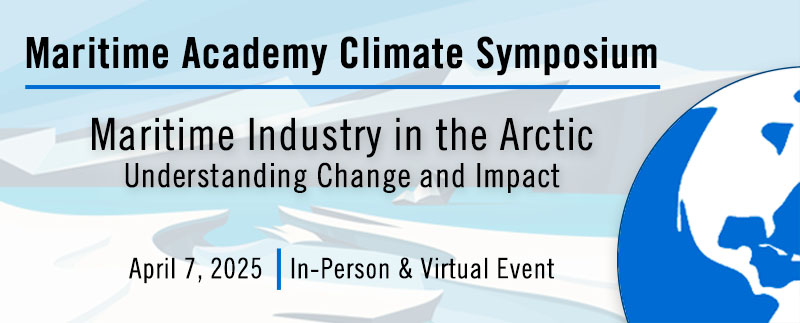
Maritime Academy Climate Symposium
MISSION STATEMENT: The Maritime Academy Climate Symposium cultivates student-led discourse, awareness, and solutions to the climate challenge through innovation in transportation, energy, science, and business.
VISION STATEMENT: Maritime Academy students and future professionals in the maritime industry will be aware and prepared for the future dynamics of the maritime industry in a changing climate.
The goals of this event include providing knowledge on how climate change will impact future job prospects and infrastructure, inspiring hope in climate change resilience, and shedding light on opportunities for growth. The 2025 theme will be Maritime Industry in the Arctic: Understanding Change and Impacts.
Speakers
Information
| April 7, 2025 | |
|---|---|
| Holmes Heritage, Alfond Student Center | |
| 12:00-1:00 | Lunch & Learn |
| Delano Auditorium, Leavitt Hall | |
| 3:00-3:10 | Introduction of Symposium Environmental Action Club |
| 3:10-3:25 | Dr. Mary Thompson-Jones US Naval War College |
| 3:25-3:40 | Paul Gallagher Woods Hole Oceanographic Institution |
| 3:40-3:55 | Chelsea Wagner Koch American University |
| 3:55-4:05 | BREAK |
| 4:05-4:20 | Jereme M. Altendorf University of Alaska |
| 4:20-4:35 | Terzah Tippin-Poe Harvard University |
| 4:35-4:50 | Senator Angus King Senate Arctic Caucus |
| 4:50-5:00 | BREAK |
| 5:00-5:45 | Panel Discussion Moderator: Environmental Action Club member |
| 5:45-5:50 | Closing Remarks Climate Symposium Working Group |
| Harboview, Alfond Student Center | |
| 6:00-7:00 | Dinner |
- Watch livestream of the Symposium. (access below)
- Set up a watch party with others
- Add questions and comments via YouTube live chat
To participate in Live Chat: Watch on YouTube
Questions
Please contact Nicho Paulu of the Environmental Action Club.
2023 Speakers
Information
| April 7, 2025 | |
|---|---|
| Holmes Heritage, Alfond Student Center | |
| 12:00-1:00 | Lunch & Learn |
| Delano Auditorium, Leavitt Hall | |
| 3:00-3:10 | Introduction of Symposium Environmental Action Club |
| 3:10-3:25 | Dr. Mary Thompson-Jones US Naval War College |
| 3:25-3:40 | Paul Gallagher Woods Hole Oceanographic Institution |
| 3:40-3:55 | Chelsea Wagner Koch American University |
| 3:55-4:05 | BREAK |
| 4:05-4:20 | Jereme M. Altendorf University of Alaska |
| 4:20-4:35 | Terzah Tippin-Poe Harvard University |
| 4:35-4:50 | Senator Angus King Senate Arctic Caucus |
| 4:50-5:00 | BREAK |
| 5:00-5:45 | Panel Discussion Moderator: Environmental Action Club member |
| 5:45-5:50 | Closing Remarks Climate Symposium Working Group |
| Harboview, Alfond Student Center | |
| 6:00-7:00 | Dinner |
In 2020, MMA’s Corning School of Ocean Studies launched its new Coastal and Marine Environmental Science (CMES) program, geared at training the next generation of coastal resource managers and scientists. Learn more about our CMES program at https://mainemaritime.edu/ocean-studies/coastal-marine-environmental-science/.
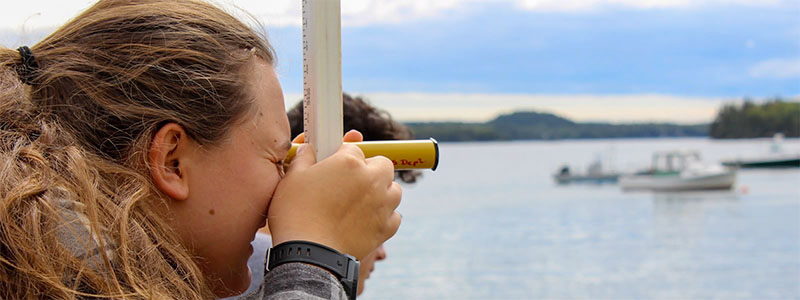
The MTI project “Shore Control Center and Training Services” has been completed. The project consisted of three primary goals: development of a Shore Control Center (SCC), instrument and test MMA vessels with the SCC, and utilize the SCC for training programs. Maine Maritime Academy (MMA) worked closely with industrial partner SailPlan, Inc. on the project. The SCC was built at MMA’s Center for Professional Maritime Development (CPMD) in Bucksport, ME. Two MMA vessels, the R/V Quickwater and the R/V Addy Rae, were instrumented with SailPlan remote monitoring systems and integrated into the SCC. In addition, the R/V Quickwater was instrumented with Sea Machine’s autonomous vessel technology as part of a U.S. Maritime Administration (MARAD) project. Finally, due to changes in SailPlan’s business model, MMA has secured additional funding to develop new training programs at CPMD that will utilize the SCC and MMA vessels.
Specifically for the MARAD Project, we were looking for reductions in fuel consumption and corresponding improvements in CO2 and other emissions with the R/V Quickwater operated in autonomous mode vs manual (manned). The overall result was unfortunately not successful as the automation resulted in slightly higher fuel consumption (and CO2 emissions) in comparison to manned operation using a standardized survey style test. The cause is likely coming from the speed positioner loop which resulted in continuous fine adjustments in throttle to maintain precise speed, which a human operator doesn’t do. It may however, be possible to improve autonomous performance by some additional PID tuning and modifications to the test cycle that would be more difficult for a human operator to match.
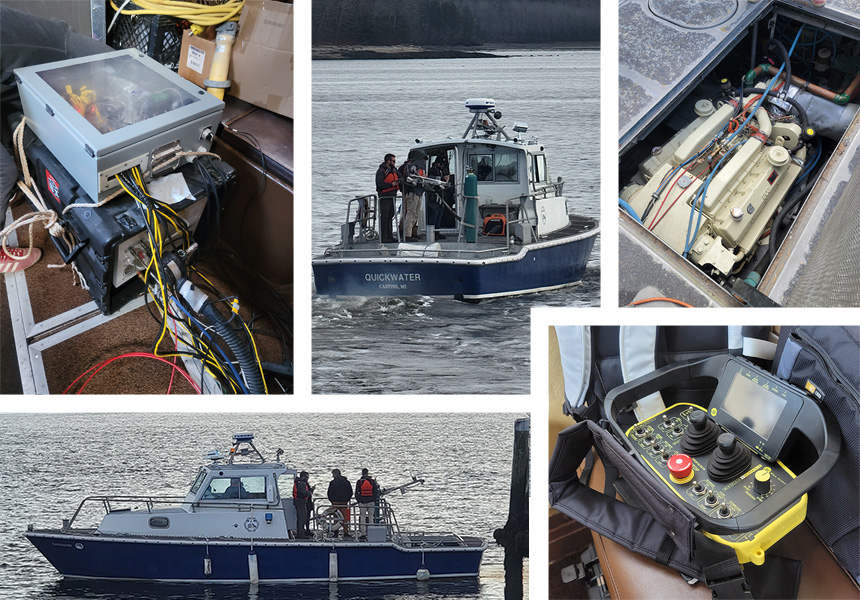
Photos represent emissions testing of these vessels.
Maritime Academies across the country will be receiving new training ships in the coming years, called National Security Multi-Mission Vessels (NSMV). Increased fuel efficiency is a key design goal for the new NSMVs. Learn more about the increased efficiency of these new vessels at https://www.youtube.com/watch?v=hNmbreNQlF8.
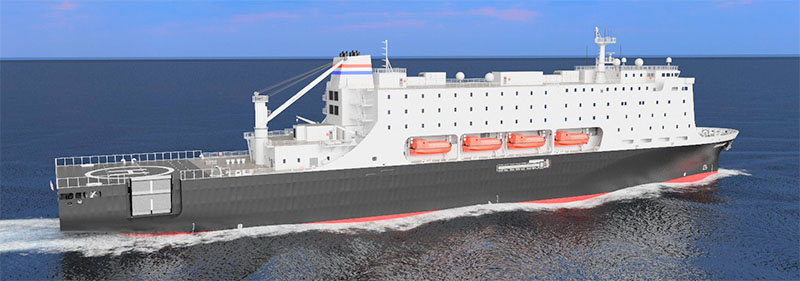

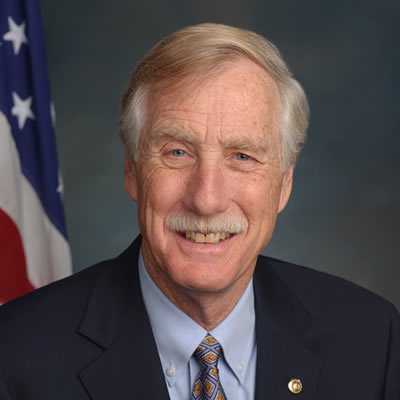
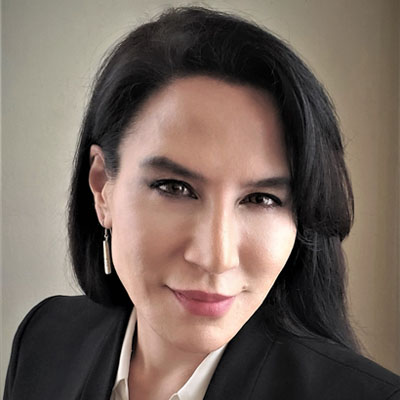


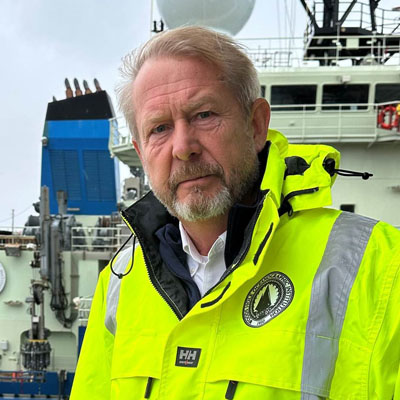

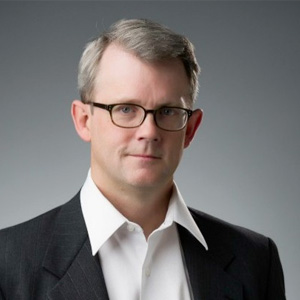
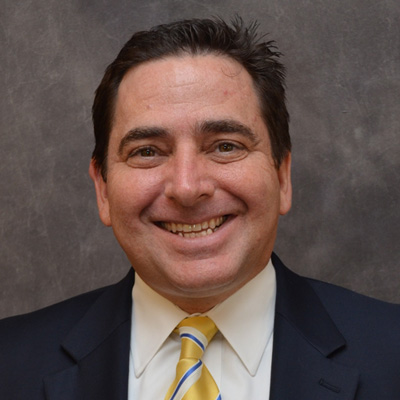
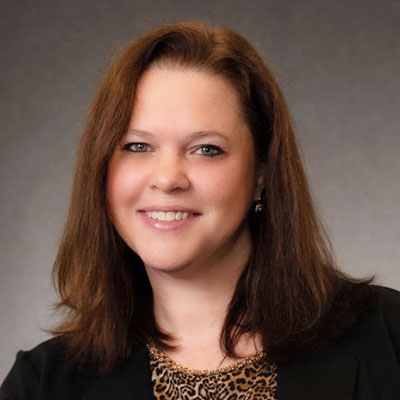
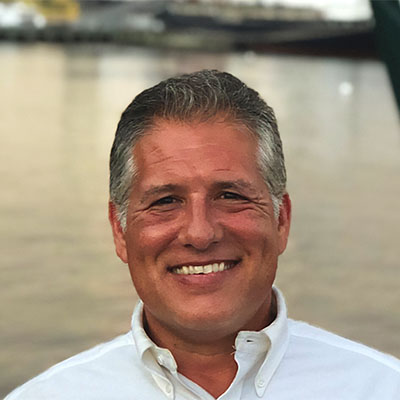
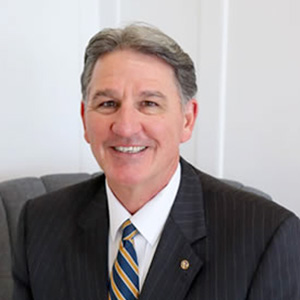


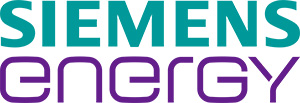
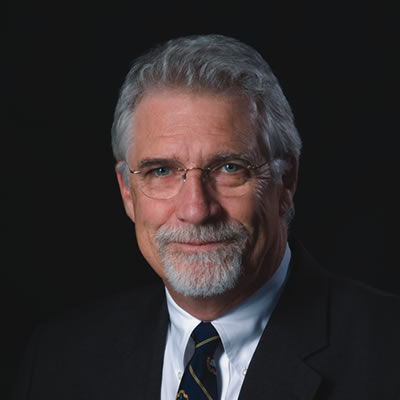

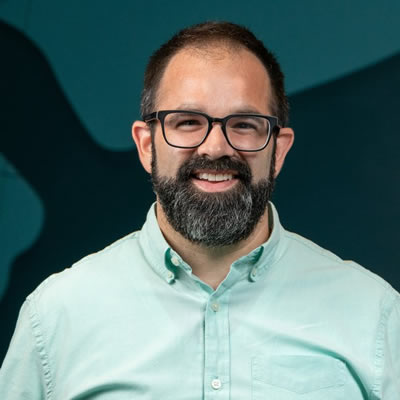
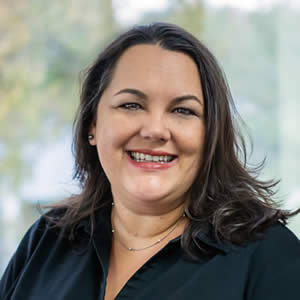
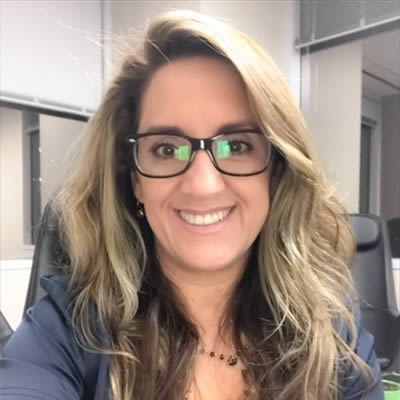
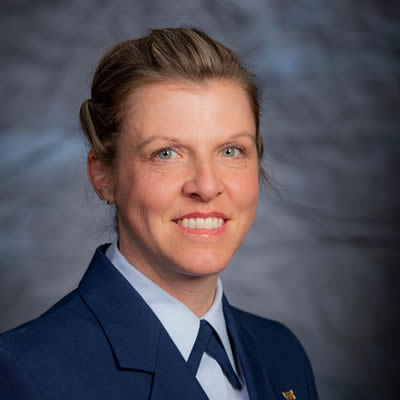







All Rights Reserved © 2025 • Web issue?
Non-Discrimination Notice • Privacy Policy & GDPR